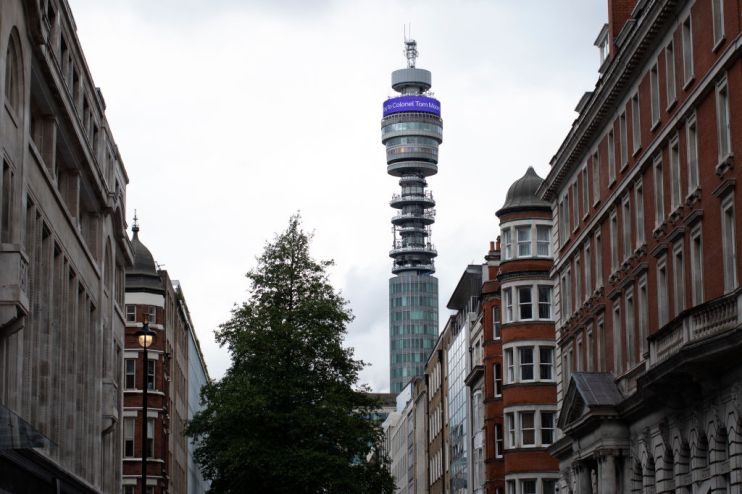BT taps Nokia to replace Huawei in 5G networks

BT has chosen Nokia to supply its 5G radio equipment in a deal that will make the Finnish firm the telecoms giant’s largest infrastructure partner.
The deal, which marks a major win for new Nokia boss Pekka Lundmark, comes just months after the UK said it would ban Chinese firm Huawei from its 5G networks.
Nokia will also replace Huawei, a long-term partner of BT, in the British firm’s 2G and 4G networks. It already provides BT’s 3G EE network.
Under the deal, the size of which was not disclosed, BT will extend its Nokia-powered network across the UK.
The Scandinavian operator already covers Greater London and the Midlands, but will acquire 11,600 new sites, a source told Reuters.
These will include facilities in Aberdeen, Exeter, Northampton, Brighton, Norwich, and York, among others.
BT chief exec Philip Jansen said: “Digital connectivity is critical to the UK’s economic future, creating jobs and underpinning sustainable growth.
“In a fast-moving and competitive market, it’s critical we make the right technology choices.
“With this next stage of our successful relationship with Nokia we will continue to lead the rollout of fixed and mobile networks to deliver stand-out experiences for customers.”
Before the Open newsletter: Start your day with the City View podcast and key market data
Guillermo Pedraja, head of networks, 5G and IoT Consulting at NTT Data UK said:
“Today’s announcement is a major milestone in the UK telco market’s pivot away from Huawei.
“BT’s new deal with Nokia will add some much needed certainty to the market, avoiding some of the delays to 5G adoption feared when the Huawei ban was announced.
“Both parties already have a close relationship, and this will help to accelerate deployments and bring the benefits of 5G across the UK.”
Back in July the government committed a major u-turn when it decided to ban new Huawei products from being a part of the UK’s 5G network from next year.
In addition, all its existing Huawei infrastructure will be removed by 2027 in a major U-turn.
The firm will also be banned from supplying equipment to the UK’s new full fibre broadband network, with the embargo likely to begin in two years’ time after an official review is made.
The move will delay the rollout of the 5G network by an estimated two to three years, from an original target of 2025, and will cost taxpayers an extra £2bn.
However, earlier this week Jansen said the UK would only hit the new 2027 target with sweeping reforms to the system to the tune of £9bn worth of tax and red tape cuts.
Otherwise, he added, full coverage might not be in place until 2033.